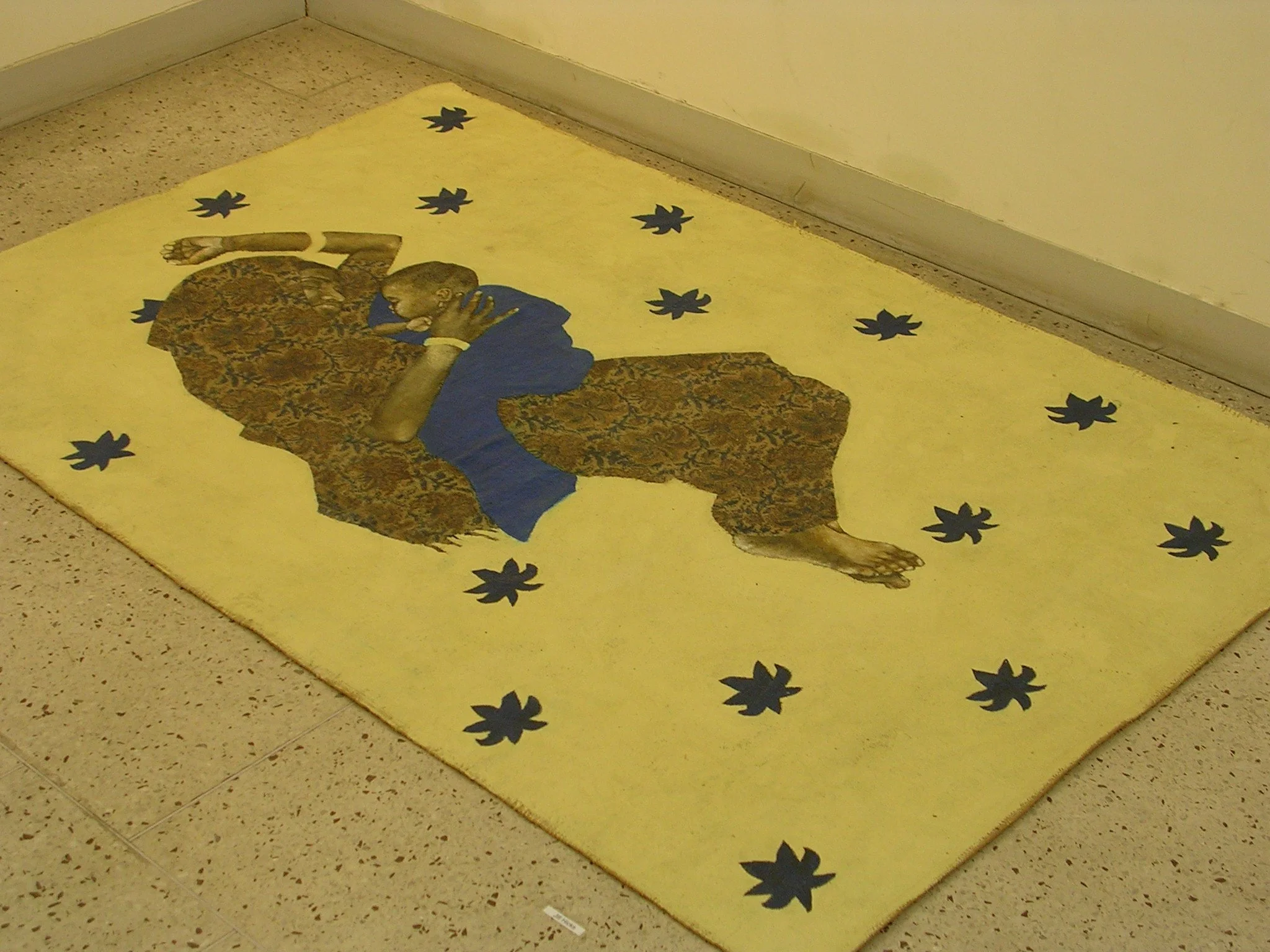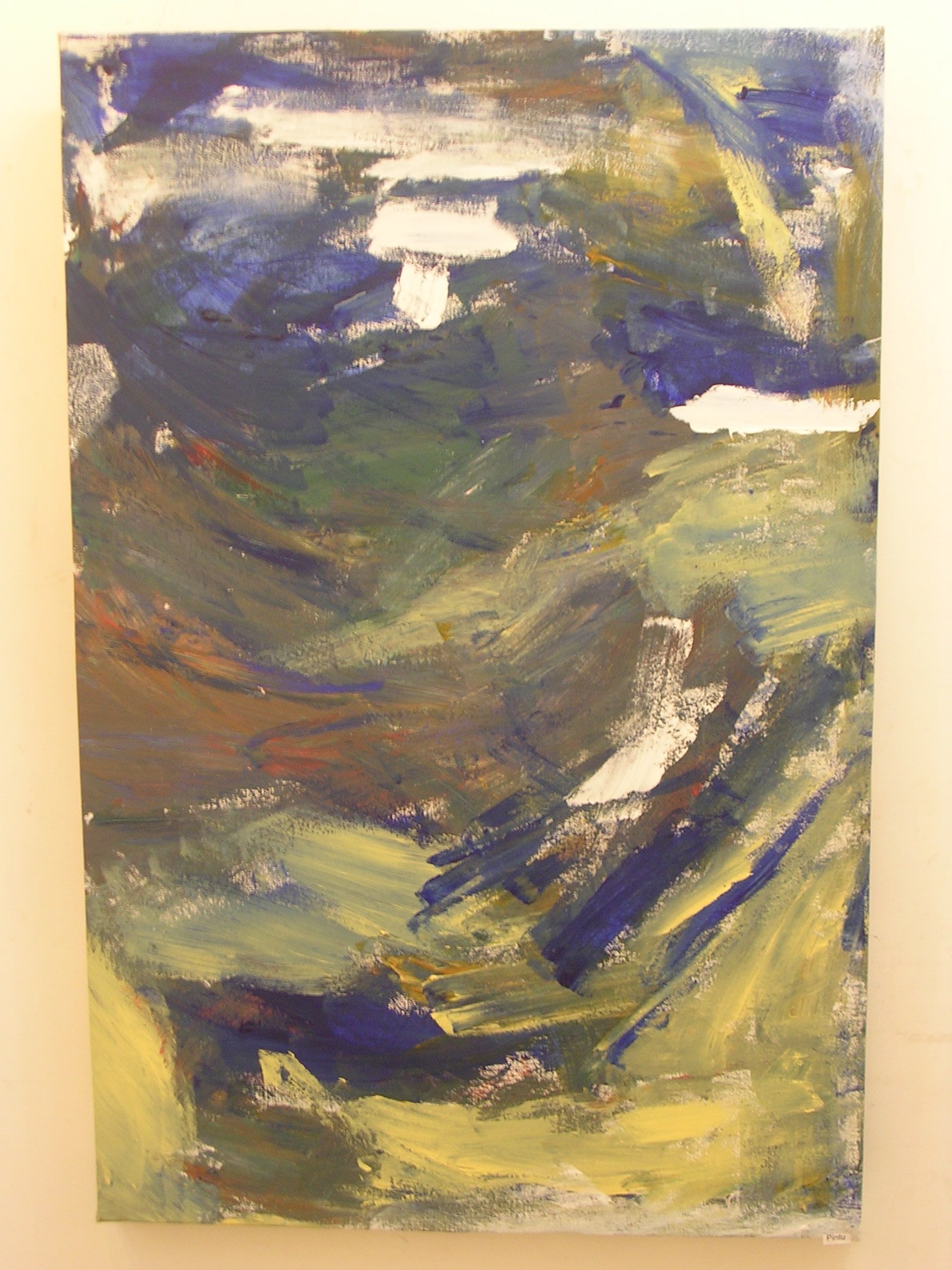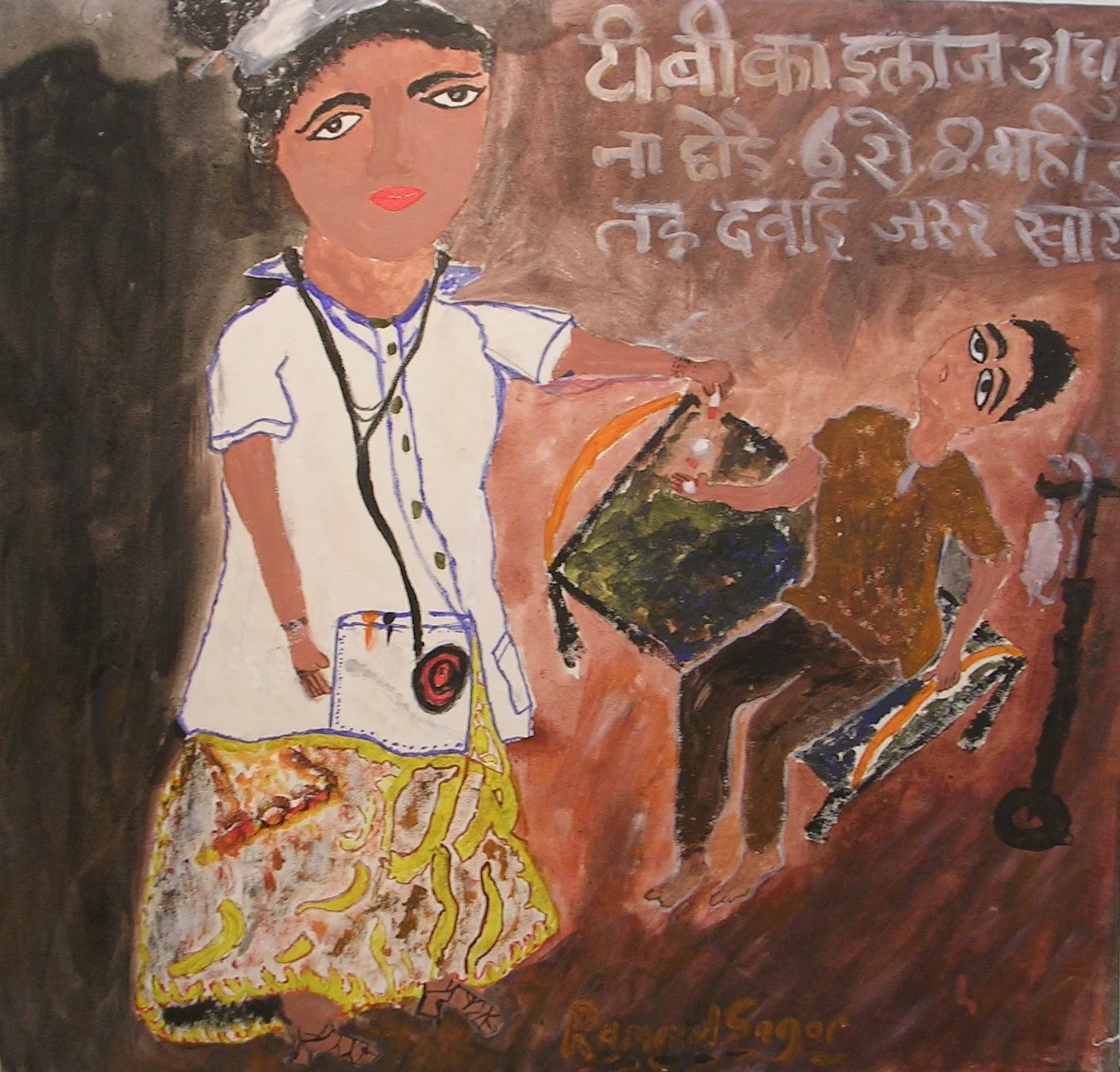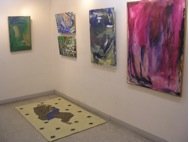





































Your Custom Text Here
Art for Change is an organization run by artists for artists. It was started by an informal collective of friends who began meeting once a year to wrestle with an issue that affected both them and society. Our desire was to see our art have significance, and to understand the significance of issues around us through our art. Here is one of our early ‘Creative Conscience’ annual residencies.
Despite our enlightenment in an age of hi-tech solutions, we still struggle to know what to do with the man lying abandoned by the side of the road, or the beggar at the traffic light. What do we do with the destitute? What is it about our beliefs that shape how we respond? How does our understanding of the worth of a human life make a difference, if any?
With these questions, 14 amateur and professional artists met at Sewa Ashram, a rehabilitation home for the destitute on the outskirts of Delhi, with the goal of not just painting about the destitute, but with the destitute.
Sewa Ashram is a remarkable place, a place where men and women found dying and destitute on New Delhi’s streets due to addiction, accidents, and mental illness are brought to heal and rehabilitate. It is a place where the 'poor take care of the poor,' because it is those who recover, or who are still recovering, who take care of the others, feeding the infirm, washing their wounds, creating a community a care.
We spent a remarkable two weeks living in community with these beautiful and broken men and women, developing friendships, creating art together, and reflecting on how we are to relate to the ‘throw-aways’ of society.
An exhibition of the resulting artwork was then sponsored by the Voluntary Health Association of India in their Freedom Gallery. Chief guests for the opening were Pintu, Rasheed, Ranjan, and Pramod, all who came to Sewa Ashram off of Delhi’s streets, whose works were included in the show, each their own example of dignity and hope.
Art for Change is an organization run by artists for artists. It was started by an informal collective of friends who began meeting once a year to wrestle with an issue that affected both them and society. Our desire was to see our art have significance, and to understand the significance of issues around us through our art. Here is one of our early ‘Creative Conscience’ annual residencies.
Despite our enlightenment in an age of hi-tech solutions, we still struggle to know what to do with the man lying abandoned by the side of the road, or the beggar at the traffic light. What do we do with the destitute? What is it about our beliefs that shape how we respond? How does our understanding of the worth of a human life make a difference, if any?
With these questions, 14 amateur and professional artists met at Sewa Ashram, a rehabilitation home for the destitute on the outskirts of Delhi, with the goal of not just painting about the destitute, but with the destitute.
Sewa Ashram is a remarkable place, a place where men and women found dying and destitute on New Delhi’s streets due to addiction, accidents, and mental illness are brought to heal and rehabilitate. It is a place where the 'poor take care of the poor,' because it is those who recover, or who are still recovering, who take care of the others, feeding the infirm, washing their wounds, creating a community a care.
We spent a remarkable two weeks living in community with these beautiful and broken men and women, developing friendships, creating art together, and reflecting on how we are to relate to the ‘throw-aways’ of society.
An exhibition of the resulting artwork was then sponsored by the Voluntary Health Association of India in their Freedom Gallery. Chief guests for the opening were Pintu, Rasheed, Ranjan, and Pramod, all who came to Sewa Ashram off of Delhi’s streets, whose works were included in the show, each their own example of dignity and hope.